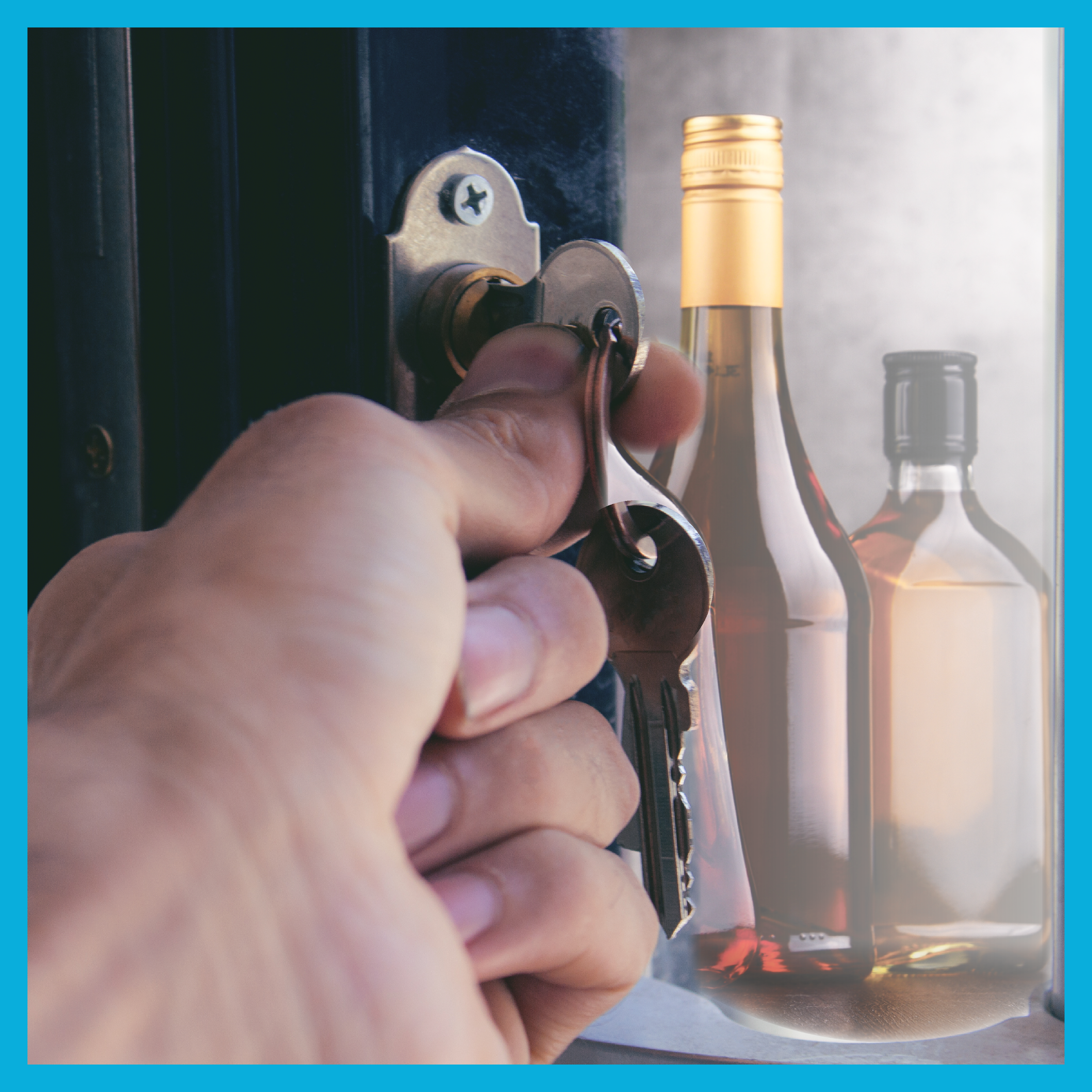Why is Alcohol Addictive for Teens?

Teens and tweens may think underage drinking is “no big deal.” According to a recent survey from The Centers for Disease Control and Prevention, 23% of high schoolers admitted they currently drank alcohol. However, parents and other adults who aim to have a positive impact on a child’s life know underage drinking can be a very big deal, presenting negative consequences for adolescents as they continue to grow and change physically, mentally, and emotionally.
When asking the question, “Why is alcohol so addictive for teens?” part of the answer lies within their brains. The adolescent brain is still developing, leaving teens vulnerable to making poor decisions like experimenting with alcohol. That’s why it’s crucial for parents and other concerned adults to learn the effects of alcohol on teens and why they’re more prone to alcohol misuse than adults.
Does alcohol affect a teenage brain differently than an adult’s?
The teenage years bring new responsibilities as teens learn to drive, start their first jobs, and begin planning for college or a career. Some adolescents feel that because they are taking on these adult tasks, they should also be able to indulge in other adult privileges, like drinking alcohol.
As mature as some teenagers may look (or act), their brains aren’t fully developed, and alcohol can have more negative effects on them than it does on adults. That’s right — the brain undergoes significant changes during adolescence, particularly in areas responsible for decision-making, impulse control, and emotional regulation. Alcohol slows down brain activity, and for teens, this slowdown can hang around much longer than it would for an adult (up to two weeks).
What are the biggest risks for teens who drink alcohol?
With brains that aren’t yet fully developed, adolescents are particularly susceptible to harmful behaviors surrounding the decision to drink alcohol and the decision to drink excessively:
- Binge Drinking: As we mentioned above, the human brain isn’t fully mature during adolescence and in fact isn’t fully mature until about age 25. Because the portion of the teen brain that manages self-control is still developing, teens are more likely to indulge in binge drinking. According to the National Institutes of Health (NIH), binge drinking means consuming four or more alcoholic drinks in about two hours for females and five or more drinks for males. Regular binge drinking can make a teen more prone to developing a substance use disorder later in life.
- Increased Vulnerability: Adolescents’ developing brains and bodies are more susceptible to the harmful effects of alcohol. Teens typically become intoxicated much quicker than adults, and this can lead to accidents, injuries, or alcohol poisoning.
- Impaired Judgment: Alcohol can impair judgment and decision-making, which can lead to risky behavior in teenagers. Teens who drink alcohol are more likely to drive under the influence, engage in unsafe sexual activities, or participate in other dangerous actions they wouldn’t normally consider.
- Peer Pressure: Adolescents who want to fit in with their classmates may succumb to negative peer pressure. Even those who have reservations about drinking alcohol may experiment with it because they fear rejection.
- Emotional Coping: Being a teenager isn’t easy, and some teens may begin drinking as a way to cope with stress, anxiety, or other emotional struggles. Though alcohol may temporarily dampen negative feelings, teens who drink can quickly become psychologically dependent on it as a coping mechanism.
How can you prevent underage drinking?
Be upfront and vocal about your feelings towards underage drinking with your teen. The 2023 State of Underage Drinking survey found that 93% of teens who participated said they believed it would help stop underage drinking if parents talked more to their children about alcohol. Start the Conversation with your child using some of our helpful tips:
- Use situations to help get the conversation started, like a commercial, TV show, or social media post that glamorizes underage drinking.
- Ages 10 to 12: Explain what alcohol is and the dangers of underage drinking.
- Ages 13 to 17: Explain why teens shouldn’t experiment with underage drinking, even if their friends are drinking alcohol.
- Ages 18 to 20: Teens may ask why alcohol is so addictive. Explain the dangerous consequences of underage drinking on the adolescent brain, which can hurt grades, sports performance, and lead to addiction later in life.
As a parent, coach, or concerned adult, be an honest source of information, and don’t scare teens away. Let them know they can come to you if they have questions or need guidance. They’ll appreciate knowing there’s someone in their corner rooting for their success. Don’t forget — Talk it Out NC is also here with education resources to support their success and yours!



